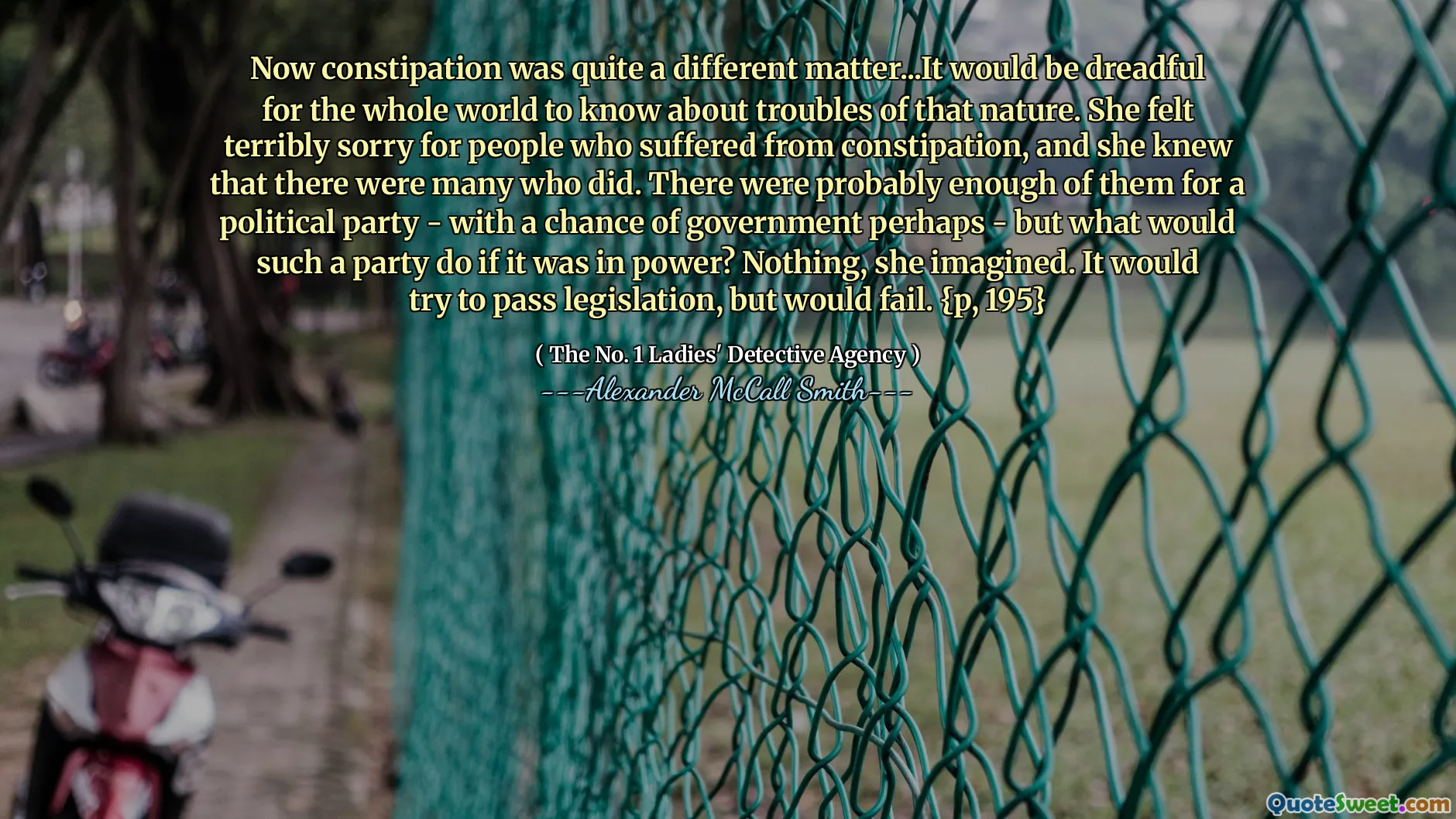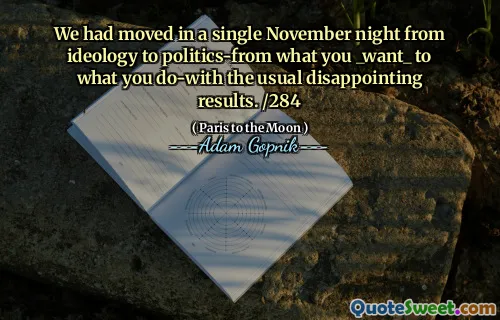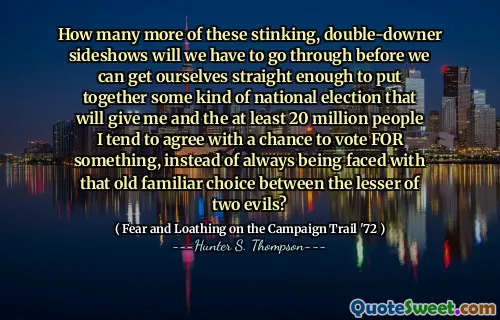
Now constipation was quite a different matter...It would be dreadful for the whole world to know about troubles of that nature. She felt terribly sorry for people who suffered from constipation, and she knew that there were many who did. There were probably enough of them for a political party - with a chance of government perhaps - but what would such a party do if it was in power? Nothing, she imagined. It would try to pass legislation, but would fail. {p, 195}
The character reflects on the issue of constipation, viewing it as a deeply private struggle that people face. She feels empathy for those suffering from this condition, recognizing that it is a common problem that affects many individuals. Despite the potential numbers of those afflicted, she humorously considers the idea of them banding together to form a political party to address their plight.
However, she doubts the effectiveness of such a party. She imagines that even if they managed to gain political power, their efforts would ultimately lead to legislative failure. This suggests a sense of resignation to the limitations of political solutions in addressing personal health issues, highlighting the societal stigma surrounding such private matters.










